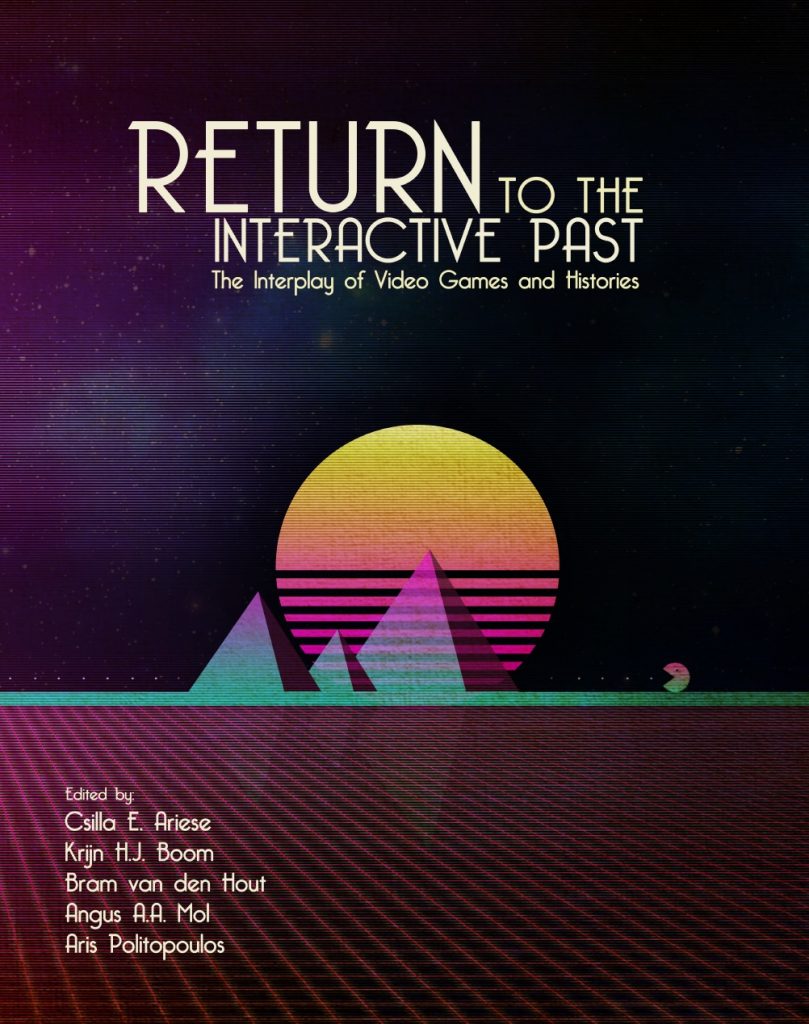A defining fixture of our contemporary world, video games offer a rich spectrum of engagements with the past. Beyond a source of entertainment, video games are cultural expressions that support and influence social interactions. Games educate, bring enjoyment, and encourage reflection. They are intricate achievements of coding and creative works of art. Histories, ranging from the personal to the global, are reinterpreted and retold for broad audiences in playful, digital experiences. The medium also magnifies our already complicated and confrontational relation with the past, for instance through its overreliance on violent and discriminatory game mechanics. This book continues an interdisciplinary conversation on game development and play, working towards a better understanding of how we represent and experience the past in the present.
Return to the Interactive Past offers a new collection of engaging writings by game creators, historians, computer scientists, archaeologists, and others. It shows us the thoughtful processes developers go through when they design games, as well as the complex ways in which players interact with games. Building on the themes explored in the book The Interactive Past, the authors go back to the past to raise new issues. How can you sensitively and evocatively use veterans’ voices to make a video game that is not about combat? How can the development of an old video game be reconstructed on the basis of its code and historic hardware limitations? Could hacking be a way to decolonize games and counter harmful stereotypes? When archaeologists study games, what kinds of maps do they draw for their digital fieldwork? And in which ways could we teach history through playing games and game-making?
Return to the Interactive Pasts is available for free to read online, or as a PDF EBook for €9,95. Individual authors may also freely share their own chapters. You can download and read our own introduction here.
Printed versions are also available through Sidestone Press.

